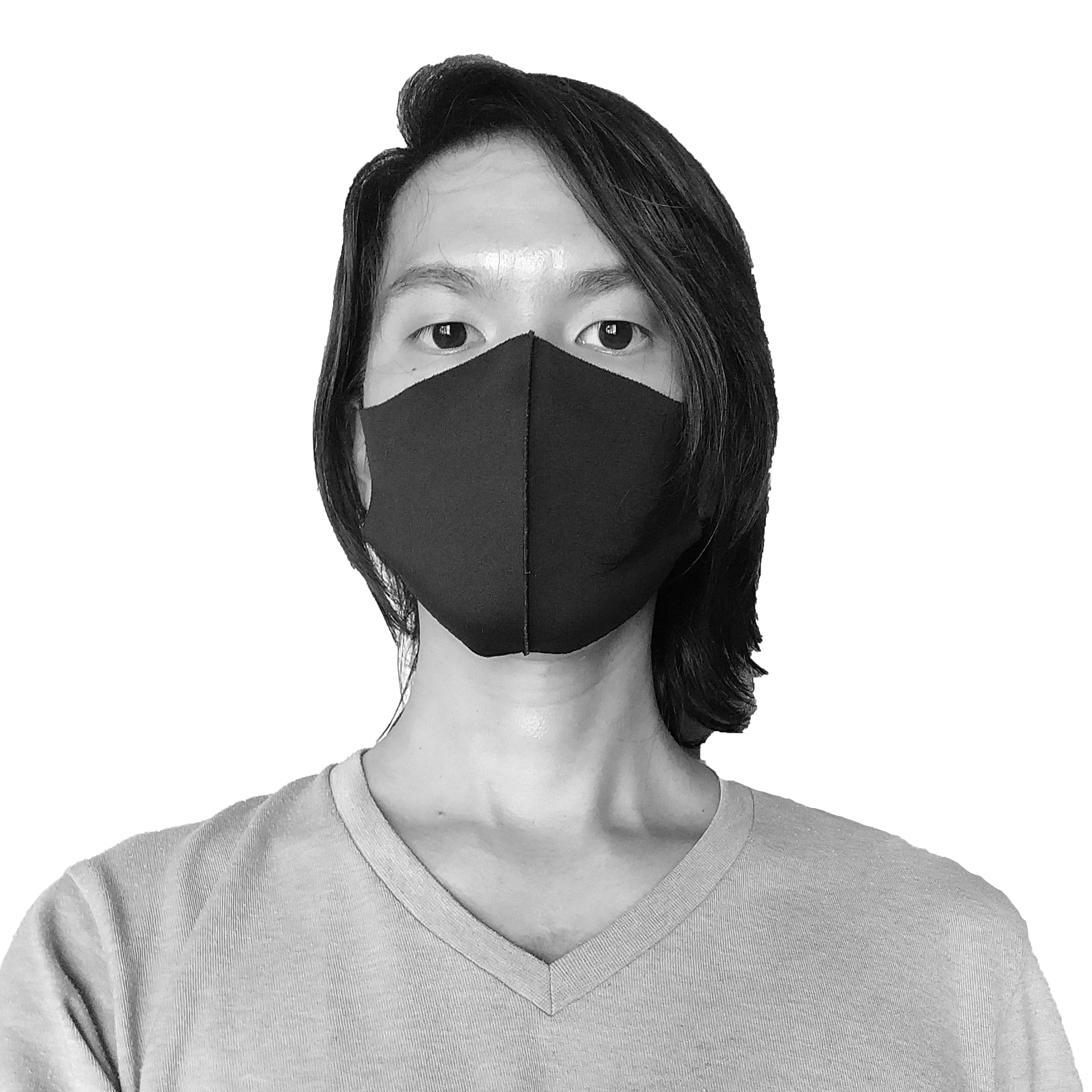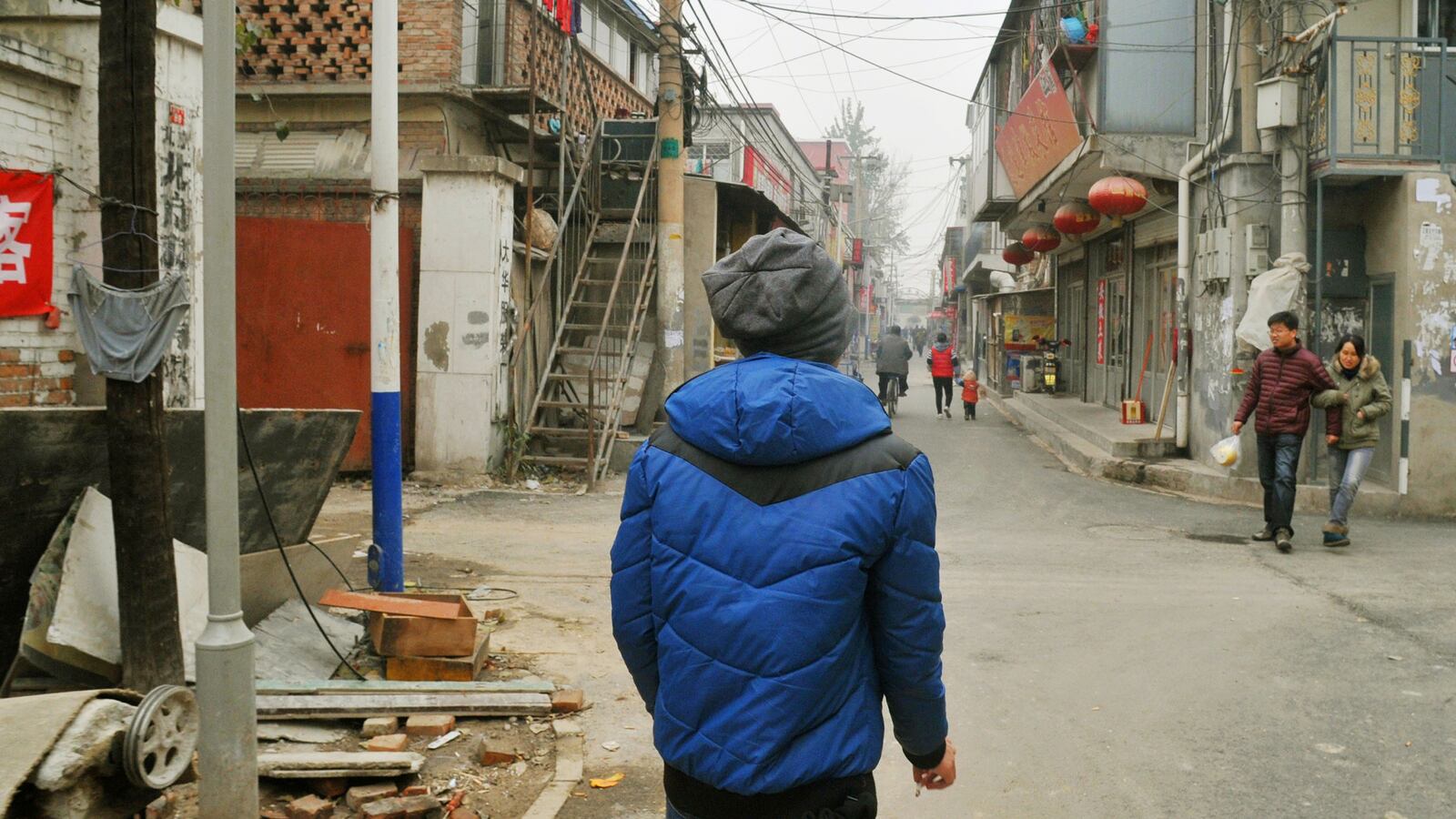HONG KONG — Two years ago, the Chinese Communist Party (CCP) delivered a simple message to the people: Pursue the Chinese Dream. The exact details were fuzzy, but it went something like this: work hard, be proud, and you will get rich.
Chinese cities were blanketed with banners, posters, murals, and public displays glorifying the Chinese Dream. A hit song was penned with the lyric, “A dream of a strong nation… a dream of wealthy people! Follow the Dream and keep your feet on the ground, we are stepping toward a great revival!” It was performed by Chen Sisi, the singer of a musical performance group run by the Second Artillery Corps of the People’s Liberation Army, the guys who control China’s nuclear ballistic missiles. The song, unimaginatively called China Dream, topped the folk music charts for weeks.
Much has changed since then. That imagined great revival now seems a lifetime away. But as China’s President Xi Jinping vists the United States this week, Americans will have little sense what it’s like for his people back home. His top internet censor, Lu Wei, organized a technology summit in Seattle earlier this week. Alibaba’s Jack Ma and Apple’s Tim Cook have been in tow, in addition to other tech giants. After a round of diplomatic pomp in Washington D.C., President Xi will address the United Nations General Assembly in New York on Monday before returning to Beijing in time for National Day celebrations at home. His message will be of success in the present and for the future.
Mention the Chinese Dream to anyone in China now, however, and you’ll likely receive a round of salty insults exploding like lead shot.
Ask the ant tribe. They’re educated, young professionals who live in near-poverty conditions, grinding away at soul-crushing jobs—not careers—that yield no personal satisfaction and zero financial growth. Typically from rural areas, most have settled in northwest Beijing, where their living quarters are cramped and they have no personal space. They’re smart, they work hard, yet receive no recognition and can’t shake off anonymity. So, people call them ants.
“I borrowed money from my parents and invested in the stock market, then I lost most of it in the past few months,” said Xiao Xian Zheng, an office worker originally from Hebei province who graduated from university four years ago with a degree in accounting.. “My parents have never asked me about the money, but I’m sure they know and I feel extremely guilty.”
China’s stock market has seen much better days. Despite billions of yuan thrown into the market as stimulus, investors were hit with plummeting share prices. When state-backed interventions failed, the Chinese government blamed foreign powers for manipulating the financial system, then tried to arrest its way out of embarrassment. A well-respected financial journalist, Wang Xiaolu, was placed on air to “confess” to triggering stock market chaos through his reporting. The scapegoating provided little consolation to investors whose money had vaporized.
This year, nearly 7.5 million fresh Chinese university graduates entered the workforce, or attempted to. But because of the massive influx of new labor, increased year on year, competition has become cutthroat even as salaries have fallen, in some cases, lower than the wages received by factory workers. Cost of living continues to increase in tier-one cities, and prospects for members of the ant tribe eventually to own their own houses are slim. “I’ll never be able to get married and provide for a family. I feel like I’ll always be stuck in these six square meters,” groaned Xiao. Rent is ¥1300, or about US$200, a month. That may not seem like much, but after other expenses, most of Xiao’s ¥3,300 ($520) paycheck is gone.
In the fantasy world that the Chinese Communist Party has created for its revised history books, the state takes care of every citizen. But the ant tribe knows firsthand that this is not the case. Calling the Chinese president by his nickname, Xiao said, “Xi Dada says the youth are this country’s future, but most of us don’t have any opportunities. We graduated from university but there aren’t any jobs available to us, at least not in the subjects we studied.”
China’s overseas shipments have fallen. Factories in Southeast Asia, which are often operated by Chinese nationals, compete fiercely with their counterparts in China. Chinese industrialists and the CCP want to shake off the association of “Made in China” with cheap quality, but few industries have been successful in that endeavor. Even Chinese consumers prefer their cell phones to be made in South Korea or their beef imported from the U.S., and are perfectly willing to shell out a few hundred extra yuan if those options are available. With the mainstay of manufacturing no longer present, other jobs have withered away as well. Better-connected peers of the ant tribe observe from a few rungs higher on the corporate ladder as the workers stay busy in repetitive, monotonous urban chaos.
In Chinese culture, there’s an idea that bitterness forges a good person, and the Chinese Dream encompasses this concept. Young people are taught that they need to chi ku, eat bitterness—bear hardships. They’re promised that life is xian ku hou tian, bitter first and sweet later. They’re also told that to be a man among men, one must eat the bitterest of bitters. These are hearty motivational lines that parents and grandparents share with children and grandchildren, but the post-80s generation sees those words as a little outmoded. It’s not that the advice has fallen on deaf ears. It’s that the ant tribe sees no end in sight. The “sweetness” promised by their elders is too far-fetched, but giving up and going home means letting go of the slim opportunities that a first-tier city might offer them.
So the ant tribe sticks together. They’re never alone, but share an incredible sense of loneliness in their dead-end existence. In a way, this cluster of only-children learn about siblinghood by living on top of each other, and their newfound brothers and sisters provide the solace they need in an ocean of static variables. They’re too young to lean on experience and say whether they like where China is heading, but their gut feeling is that something is very wrong.
“CCTV has many motivational stories about people who went from rags to riches,” Xiao said. “To us, those programs mean nothing.” Paired with the constant barrage of anti-Japan serial war dramas that occupy prime time slots, it’s clear that, just like Chen Sisi’s ballad, CCP officials can’t seem to separate soft power from propaganda, entertainment from forced indoctrination. “We owe Xi Jinping nothing,” said Xiao.
Xi Jinping’s crusade against corruption has “swatted flies” and “hunted tigers,” who conveniently are the Chinese leader’s political enemies. China’s millionaires can’t leave the country fast enough. China’s rural areas have a gaping security vacuum; forced demolitions, evictions, and land seizures still take place frequently, at times with deadly results. Soon, the CCP will begin transforming 82,000 square miles of land around Beijing into a megacity that’s about the size of Kansas, and it will hold over 100 million people, or more than one-third of America’s population. What will the ant tribe look like when that time comes? What does it mean for Chinese society when routine overtakes imagination, if it hasn’t already?
If reality television bully Donald Trump had his way, there wouldn’t be a state dinner for Xi Jinping. Trump said on The O’Reilly Factor, “I’d get him a McDonald’s hamburger, and I’d say we gotta get down to work because you can’t continue to devalue.”
“A Big Mac?” Xiao asked rhetorically in Beijing. He then joked, “What a treat. On most nights, it’s just instant noodles and an egg for me.” The CCP’s legitimacy lies in its achievements, which in turn depend on the work of ordinary folks in China, most of whom, like Xiao, are not party members. Young Chinese men and women are proud of their nation, but not of their government. The CCP is pulling out all the stops to convince the world that this is not the case, but as long as Beijing's policies leave people like Xiao behind, the edicts and actions of Party leadership will carry little meaning for some of the hardest workers in China.
There may be an interesting story here. I've gotten some hints that if any major American tech company doesn't attend the Seattle summit, they will be “punished” in China. I don't know how, but that's the buzz in the tech community here right now.






